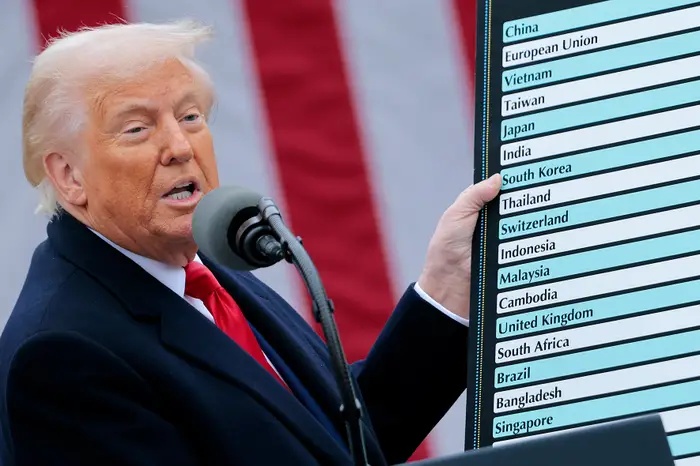South Africa is exploring expanding its automotive industry incentive program to mitigate the impact of the 25% import tariffs on cars imposed by U.S. President Donald Trump. Trade, Industry, and Competition Minister Parks Tau announced the government is modeling support measures for the auto sector and others to manage within national limits. The existing Automotive Production and Development Programme encourages investment, innovation, and job creation by offering customs rebates and production-based incentives.
The National Association of Automobile Manufacturers of South Africa (NAAMSA) warned that the U.S. tariff will increase costs for American consumers and limit access to South African-made vehicles. The U.S. ranks as the third-largest export market for South African vehicles, with exports valued at around 35 billion rand ($1.8 billion) in 2024, accounting for 6.5% of total auto exports. Major global automakers with manufacturing plants in South Africa, such as BMW, Ford, Isuzu, Mercedes-Benz, Nissan, and Toyota, all contribute to exports to the U.S. and are expected to be significantly affected by the tariffs.

In response to the tariffs, South Africa is seeking a meeting with U.S. authorities to discuss the planned 25% auto tariffs unveiled by President Trump. These tariffs, part of the U.S. Section 232 tariffs, could significantly impact South Africa’s economy as the country has a good trade status under the U.S. African Growth and Opportunity Act, which allows duty-free access for some exports, including cars and parts. South Africa’s automobile exports, valued at over $2 billion, accounted for 64% of the country’s exports under AGOA in 2024. These exports represent a small portion of the U.S. vehicle and auto parts imports and do not pose a threat to the U.S. industry. The representative body of South Africa’s automotive industry, NAAMSA, is evaluating the potential impact and engaging with relevant stakeholders.
The South African government is also considering additional measures to support the automotive sector, including subsidies, rebates, and infrastructure development. These initiatives aim to bolster the competitiveness of South Africa’s automotive industry in the face of external challenges and ensure the sector’s continued growth and contribution to the national economy.




